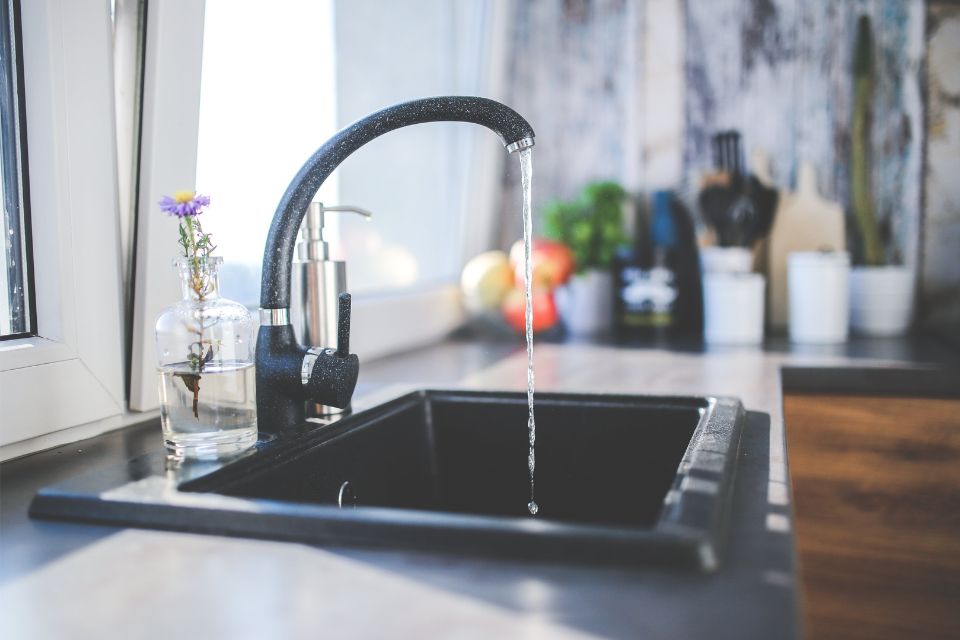Discovering a water leak in your condominium can be a stressful situation, not only due to the potential damage it can cause but also because of the financial implications.
Many property owners find themselves wondering: Who pays for the repairs in a condominium water leak?
In this article, we’ll delve into this question and shed light on the role of Homeowners’ Association (HOA) fees in addressing such unexpected expenses.
Understanding HOA Fees
Before we get into the specifics of who pays for repairs in a water leak scenario, let’s first understand the concept of HOA fees. When you own a condominium unit, you become part of a larger community that shares common areas and facilities, such as elevators, hallways, swimming pools, and roofs. All unit owners within the condominium association collectively own these shared elements.
The Purpose of HOA Fees
HOA fees serve multiple purposes within a condominium association. Let’s explore some of the key reasons why HOA fees are necessary:
1. Maintenance and Repairs
HOA fees are crucial in ensuring the continuous maintenance and repair of the condominium’s common areas and shared facilities. Investing in these areas is essential for creating a pleasant and functional living environment. With allocated funds, residents can benefit from regular upkeep services like cleaning, landscaping, and routine maintenance. Additionally, unexpected repairs that occasionally occur can also be promptly addressed with these resources.
2. Insurance Coverage
The HOA typically carries insurance coverage for the entire condominium building and common areas. This insurance protects against losses and liabilities associated with unforeseen events, such as fire, water damage, or accidents within common areas. HOA fees help cover the cost of insurance premiums, ensuring that all unit owners have adequate protection.
3. Reserve Fund
In addition to day-to-day maintenance and repairs, HOA fees often contribute to a reserve fund. This fund is set aside for major repairs, replacements, or unexpected expenses that may arise in the future. Creating a solid reserve fund is essential for ensuring the association’s financial security in the long run. By having sufficient funds set aside, unit owners will not be burdened with assessments and costs for major repairs or replacements. This not only promotes stability but also provides peace of mind for all stakeholders involved.
4. Amenities and Services
If your condominium association offers amenities such as a fitness center, community room, or concierge services, the funds collected through HOA fees contribute to these additional services’ operational costs and maintenance. These amenities enhance the overall living experience for unit owners and are typically managed and maintained by the HOA.
Addressing Repairs in a Water Leak
Now that we have a clear understanding of HOA fees and their purpose, let’s address the question at hand: Who pays for the repairs in a condominium water leak? The answer depends on several factors, including the location of the leak and the governing documents of your particular condominium association.
In general, when a water leak occurs within a condominium unit, the responsibility for repairs is often divided between the unit owner and the HOA. Here’s a breakdown of typical scenarios:
1. Leak Originating from Common Areas: If the water leak originates from a shared element or common area, such as a faulty pipe in the building’s plumbing system or a leaky roof, it is typically the responsibility of the HOA to address and repair the issue. In such cases, the repairs would be covered by the funds collected through HOA fees and the association’s insurance coverage.
2. Leak Originating from a Unit: If the water leak originates from within a specific condominium unit, such as a burst pipe or malfunctioning appliance, it is generally the responsibility of the unit owner to address and repair the issue. The unit owner would need to engage the services of a licensed plumber or contractor to fix the leak and bear the associated costs.
However, it’s important to note that the specifics may vary based on the governing documents of your condominium association, like the declaration, bylaws, and rules and regulations. These documents outline the rights and responsibilities of the unit owners and the HOA and may include provisions that allocate repair responsibilities differently.
Reviewing these documents carefully or consulting with a property manager or legal professional to understand the specific guidelines in your condominium association is crucial.
Importance of Professional Property Management
Navigating the complexities of condominium associations and addressing repair issues requires a comprehensive understanding of the governing documents, local regulations, and industry best practices. This is where professional property management services can prove invaluable.
At Hales Property Management, our experienced property managers specialize in condominium management, bringing expertise and knowledge to various aspects of maintenance and repairs. We ensure that repairs are addressed promptly and in compliance with the association’s governing documents. Additionally, our property managers can assist in coordinating with insurance providers, collecting necessary documentation, and overseeing the repairs to ensure they are completed to high standards.
By partnering with a reputable property management company like Hales, property owners in a condominium association can alleviate the burden of managing repairs and rely on the management firm’s expertise to handle unexpected situations effectively.
Let’s Connect! Reach Out to Us
If you are a property owner in a condominium association or seeking professional property management services, we invite you to visit our website. Our team of experienced property managers in Chicago is here to assist you with all your condominium management needs. From navigating repair issues to ensuring compliance with HOA guidelines, we are dedicated to providing exceptional service and peace of mind.
Visit our website to learn more about our services or get in touch with our team.
Disclaimer: This blog is for informational purposes only and should not be construed as legal advice. The specifics of repairs and responsibilities may vary based on your condominium association’s governing documents and local regulations. Consult a property manager or legal professional for advice tailored to your situation.



